Note from the editor: Books are great. Read Hard is a semi-regular column about some of the books you ought to read.
You might have heard of Miyamoto Musashi: he was supposedly the greatest swordfighter of all time, and largely self-taught in an era where swordfighting was one of the most common and dangerous pursuits possible. He was also, according to certain accounts of his life, excellent at flower-arranging, calligraphy and the Japanese tea ceremony. How did he have time? Well, apart from never washing, one of his better-known quotes is:
‘If you know the way broadly, you will see it in all things.’
Or in other words, if you get good at one thing, you can apply the same principles to getting good at anything else. I totally agree with this, but I think it goes further – if you look at how the best people in any field approach their pursuits, you can apply the same thinking to your pursuits, and get amazing at them. That’s why I read an enormous amount of books about people who’ve excelled in fields I barely even care about. And these are some of the best of them.
9 out of 10 climbers make the same mistakes
Dave MacLeod
Dave MacLeod has climbed some of the toughest pure technical routes in the world, and I climb a couple of times a week at a bouldering wall. That doesn’t matter though, because this book – though it contains a fair bit of climbing-specific information – mainly offers a perfect structured way to plan and implement improvements in virtually any skill you want, geared towards a hobbyist. It’s good on why you’re probably training wrong, what’s going to give the biggest bang for your training buck, how to break training plateaus, and why 4 percent more effort can give you 90 percent more results. You could substitute the word ‘climb’ for most other verbs and this book would tell you how to do them better. It’ll take you about a day to read and that would be a day well spent.
Winning Ugly
Brad Gilbert
Brad Gilbert was once ranked number four in the ATP tennis rankings, and took millions in prize money before he wrote this book and subsequently became Andre Agassi’s head coach. Crucially though, despite the fact that he was brilliant at tennis by most people’s standards, he didn’t have a massive serve or a great return or a fantastic power-baseline game – he just played above his level by recognizing his opponents’ strengths and weaknesses, frustrating the likes of McEnroe and Connors who thought he didn’t belong on the court with them. Again there’s a lot about actual tennis in here, but you can easily extrapolate to most other sports, especially if you play them on a competitive level. There’s a lot about how slightly more mental and physical preparation can help you focus in a match, and more on how to win competitive headgames, assess opponents and critique your own ‘game’, whatever that may be. The key takeaway for me? You don’t have to be better than your opponent at everything: just on the ground that you make them fight. Full disclosure: I have never, ever played tennis.
The Art Of Learning
Josh Waitzkin
Waitzkin was one of the youngest people ever to reach the rank of international master in chess, he’s been Tai Chi world champion, and he recently became one of the first black belts under multiple-time BJJ world champion Marcelo Garcia. This book doesn’t mention the last one, but it goes into a lot of detail on the first two: on how attentiveness in classes can pay huge dividends over what your fellow students are getting, on the idea of relentless drilling in order to leave drilling behind, and on a healthy approach to competition. Also, it’s a massively exciting book.
HOMEWORK: Read one of these. I’d say Waitzkin’s the best if you’re starting a new discipline, MacLeod will help if you’re into solo sports and Gilbert is best for the competitive athlete. But really, you should read all three.

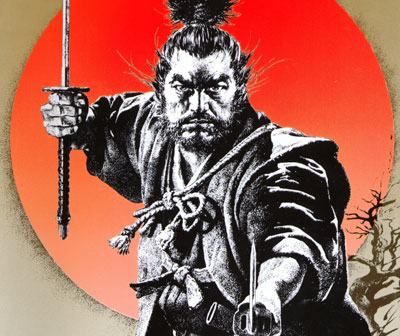
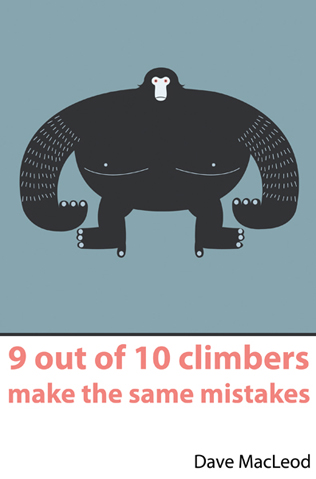
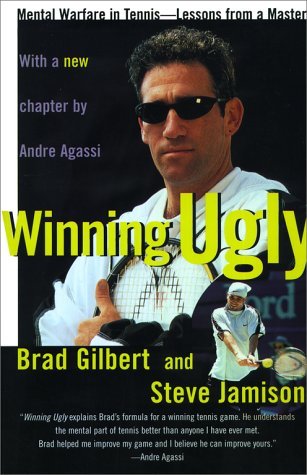
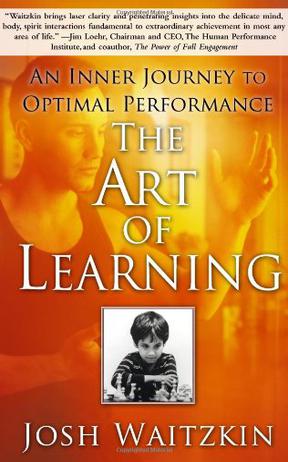

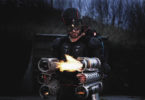
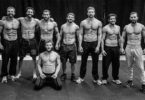
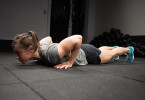
I would also add Bounce by Matthew Syed….similar to Outliers by Malcolm Gladwell, but better imo. Amongst other things Syed advises against praising an individual for their ‘talent’ citing the danger of creating an inherent fear in the athlete that if they lose (which is after all part of competing), they are no longer talented and have lost their value. Better to encourage and praise an individual’s work ethic, and ‘never say die’ attitude which will lead to far more successes than talent alone. An excellent read.
I totally agree with Bounce, will probably do another Read Hard on the ‘talent’ books. The Gold Mine Effect is one of my favourites in that area, and Talent Is Overrated is excellent too.
Josh Waitzkin is not a chess grandmaster, and in terms of international chess was never really that good.
I’m not familiar enough with international chess to comment on the second thing, but I’ve corrected the first. Thanks for the spot.
The Art of Learning was a great book. I”m going to check out some of these other books too, because I share the same opinion about applying concepts to learn.
[…] Note from the editor: Books are excellent. Read Hard is a semi-regular column about some of the books you ought to read. For the first installment in this series, look here. […]